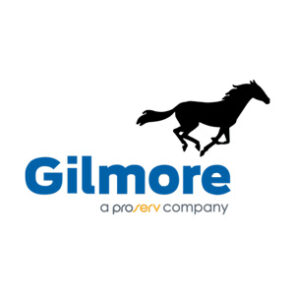ELECTRICAL/TOOLS
FIRE FIGHTING EQUIPMENT
FILTRATION SOLUTIONS
HOSES & FITTINGS
LUBRICANTS/GREASE
MOTORS & CONTROLS
PUMPS/ COMPRESSORS/COOLERS
An industrial pump is typically a heavy-duty process pump used to move many different types of products, including water, chemicals, petroleum, wastewater, oil, sludge, slurry or food. The types of pumps typically used for industrial purposes includes centrifugal pumps and positive displacement pumps.
Compressors typically only move gas due to its natural ability to be compressed. There are different types of compressors that move air into a chamber. Compressor equipment is used in oilfield facilities to maintain or boost the pressure in transported gas as it moves along the pipelines to the supplier and final consumers. Coolers are usually used to control the temperature of the flow stream. They are forced to draft ambient air heat exchangers and are available with gas engines or electric motors. Process coolers are heat exchangers used to reduce gas and liquid well stream temperatures to allow further processing and meet pipeline specifications.
SAFETY EQUIPMENT
Oil rig workers should be prepared to use their personal protective equipment daily. Remember, PPE is an employee’s last line of defense so it’s important to eliminate risk when possible. When worn properly, PPE can help minimize the extent of accidents and injuries.
VALVES
Picking the right valve for your project might seem complex. However, by starting with general characteristics -- such as valve design, valve size and actuation method -- you can quickly limit your options to determine the best valves for your needs and with our renowned partners in Valve manufacturing we bring you only the best in technical and know-how requirements.




































































